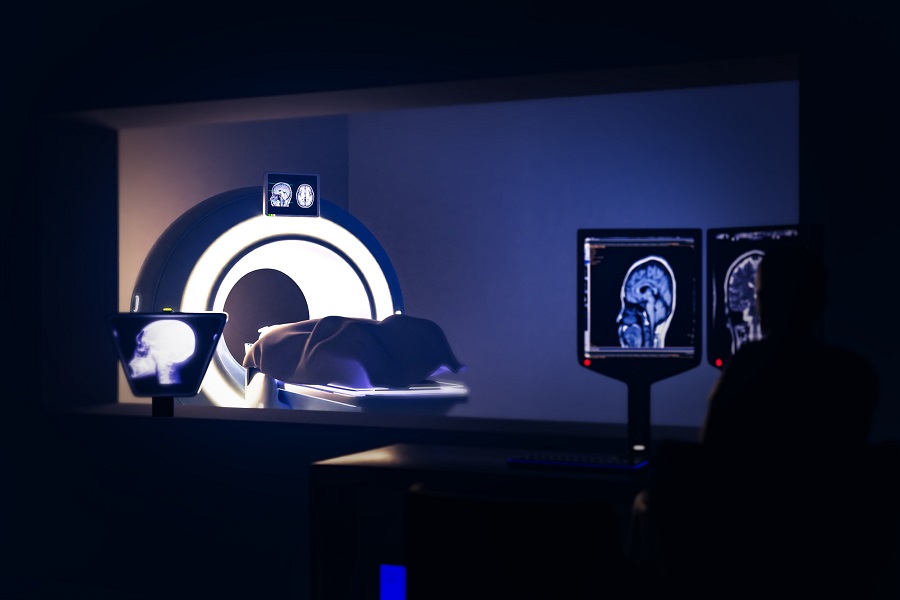MRI Predicts Patient Outcomes and Tumor Recurrence in Rectal Cancer Patients
Posted on 23 Oct 2024
Colorectal cancer is on the rise among younger adults—those under 50—while it has been declining in older populations. It is estimated that approximately 1 in 23 men and 1 in 25 women will be diagnosed with this disease. Initial treatment for rectal cancer typically involves radiation and chemotherapy; however, some patients may need what is referred to as “total mesorectal excision,” which entails the removal of a significant portion of the bowel. While this procedure can be lifesaving, it can also bring about life-altering side effects, such as the necessity for a permanent colostomy bag and sexual dysfunction. Alternatively, patients may opt for a “watch and wait” strategy, where doctors monitor them for signs of cancer recurrence or spread, delaying surgery but potentially leaving them feeling uncertain and anxious about their future. Now, new research has revealed that magnetic resonance imaging (MRI) can help such patients avoid invasive surgery by predicting outcomes and assessing the risk of tumor recurrence or metastasis. The insights gained from MRI could be invaluable in determining the optimal treatment plan and deciding whether a patient can forgo surgery in favor of the “watch and wait” approach.
To help patients make the best choices and get the best outcomes, researchers at UVA Health (Charlottesville, VA, USA) investigated whether MRI could act as a predictive tool for the effects of a watch-and-wait strategy. They analyzed data from the Organ Preservation in Rectal Adenocarcinoma (OPRA) trial to see how MRI results correlated with patient outcomes. The study reviewed outcomes from 277 patients, with an average age of 58, whose rectal cancer stage was assessed using MRI. The average follow-up period lasted just over four years.
.jpeg)
After analyzing the data, the researchers found that MRI was an effective tool for predicting overall survival, the likelihood of cancer recurrence, and the chances of maintaining bowel integrity. The results, published in the scientific journal Radiology, indicate that the predictive capabilities of MRI can likely be enhanced by integrating data from endoscopies (visual inspections) conducted after treatment. The researchers are advocating for further investigation into this combination, which they believe could provide doctors and patients with a powerful new resource.
“Using newer MRI techniques, we are now able to predict much better than in the past whether any cancer remains and, if so, whether it will come back and spread,” said Arun Krishnaraj, MD, MPH, a radiologist and imaging expert who is director of UVA Health’s Division of Body Imaging. “No one wants to get surgery if they can avoid it. Now we have a powerful tool to help patients and their doctors predict who would benefit from surgery after initial chemotherapy and radiation and who can likely avoid surgery.”













.jpg)
